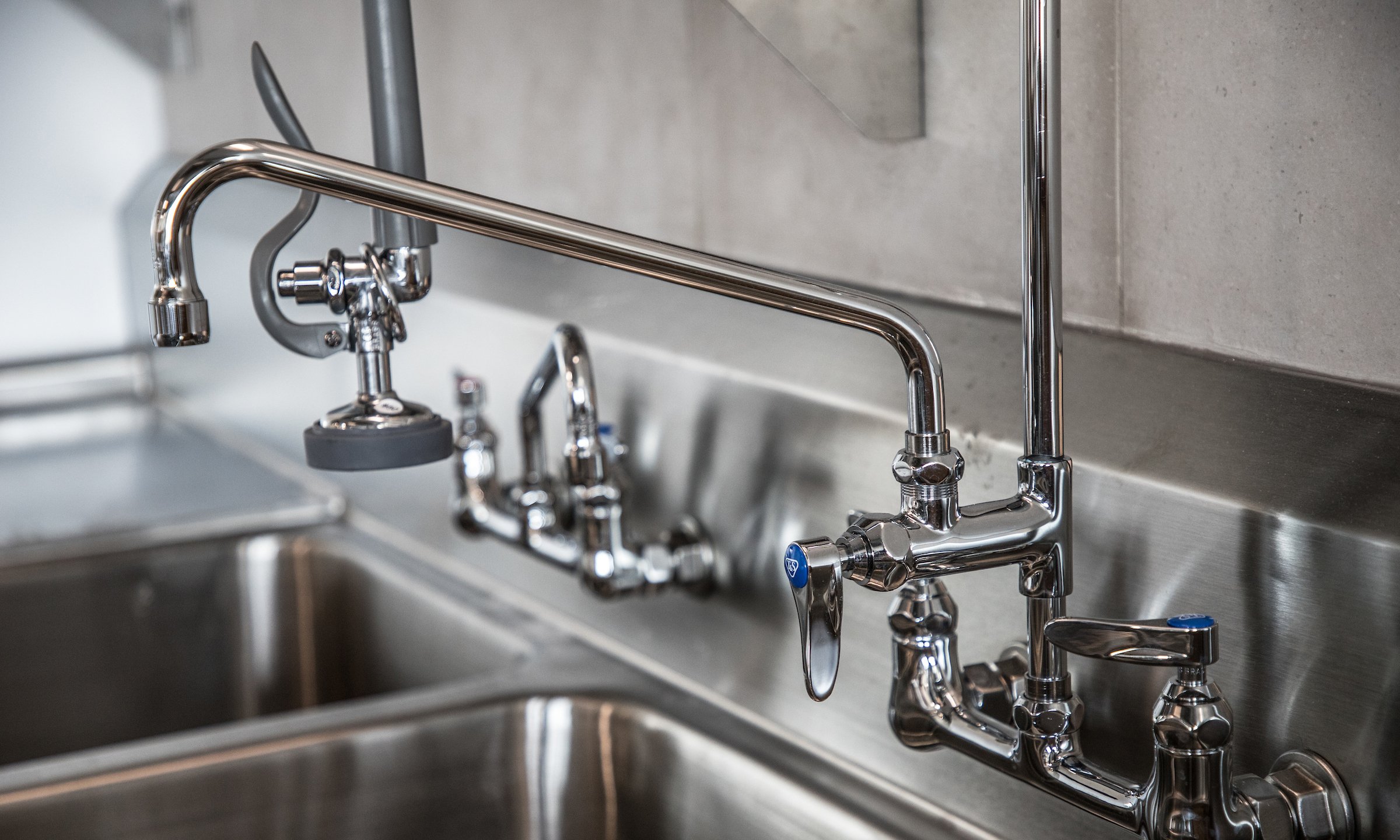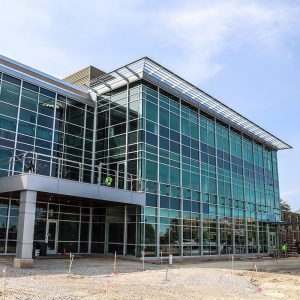
Among the many unique features of The Robert W. Plaster Free Enterprise Center, the new academic building at Concordia University Wisconsin that is scheduled to open on Aug. 1, is a commercial-grade culinary lab that will enable students enrolled in the hospitality business program to get first-hand experience in a commercial kitchen.
“Our program takes a 360 degree approach to hospitality,” says Daniel Underberg,
program chair and director of the Department of Sport and Hospitality Business. “With the addition of this lab we are finally able to offer food and beverage which is, in my opinion, the first and most important part of the hospitality business.”
Underberg is quick to point out that this is not a culinary school. Graduates will not become chefs. Instead, the intent is to provide an immersive classroom experience that allows Concordia students to gain confidence in a commercial kitchen to be better hospitality professionals.
Underberg explains, “My goal for this space is to strengthen our candidates by providing them with real experience in a commercial kitchen from three different perspectives: cooking, business, and management.”
Graduates from Concordia’s hospitality program will earn their business degree from the Batterman School of Business and will be well-prepared to become managers in the exciting hospitality industry.
The lab is fully stocked as a functioning retail kitchen space. Components include: commercial-grade appliances, hand washing station, flexible counters, pull-down power sources, two video systems (including cameras in the hood of the stove), and separate labs for product development.
Initial culinary courses are intended to provide students with experience in both culinary arts (basic cooking, baking, safety, hygiene, etc.) and culinary business (retail kitchen management). Future culinary course expansion will be based on the needs and interests of students and the demands of the ever-changing hospitality industry.
“The culinary lab will eventually be available to the community. I see this as another extension of our Christian mission,” says Underberg. “Food is such an important part of community building. As soon as we are confident in how our students will use this space, we will become a resource for nonprofits in the area who could use a commercial kitchen to expand their reach in the community.” 
Concordia’s culinary lab is located in The Robert W. Plaster Free Enterprise Center.
—
If this story has inspired you, why not explore how you can help further Concordia's mission through giving.